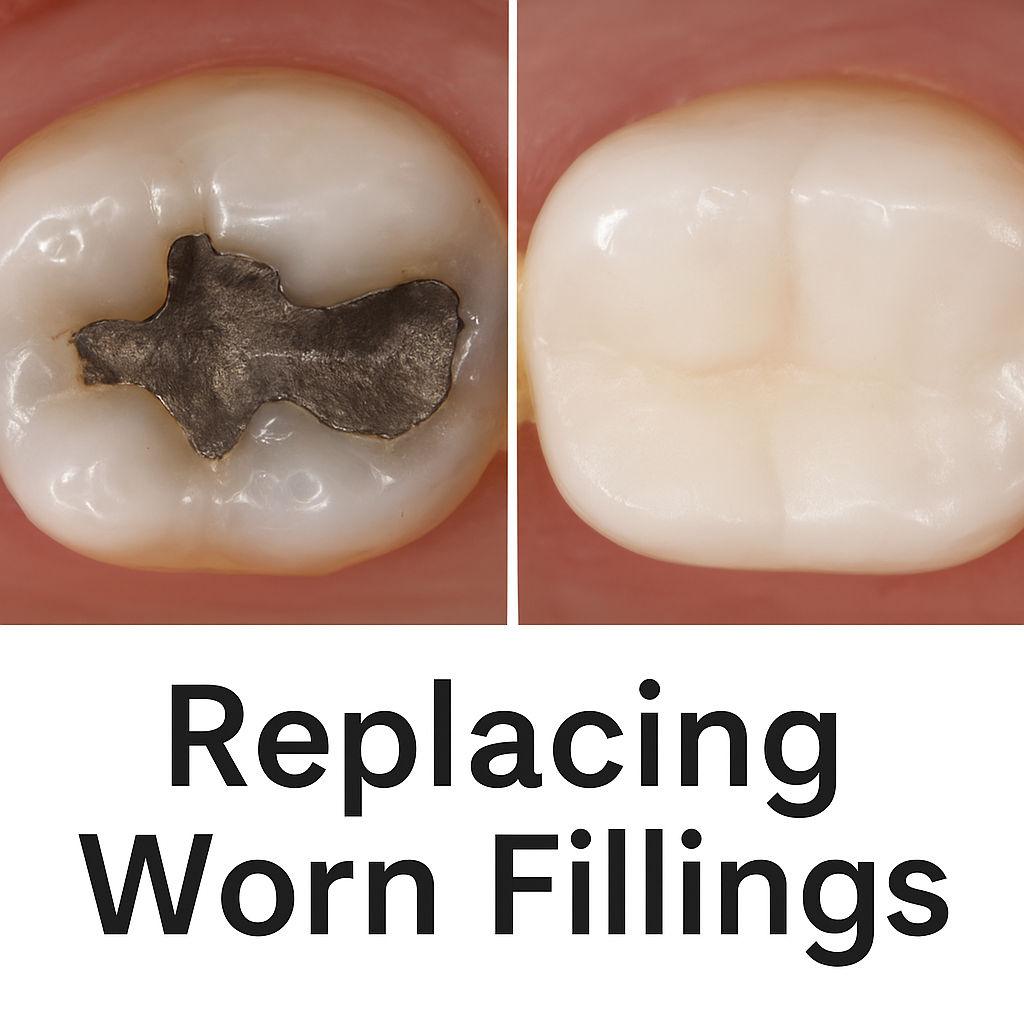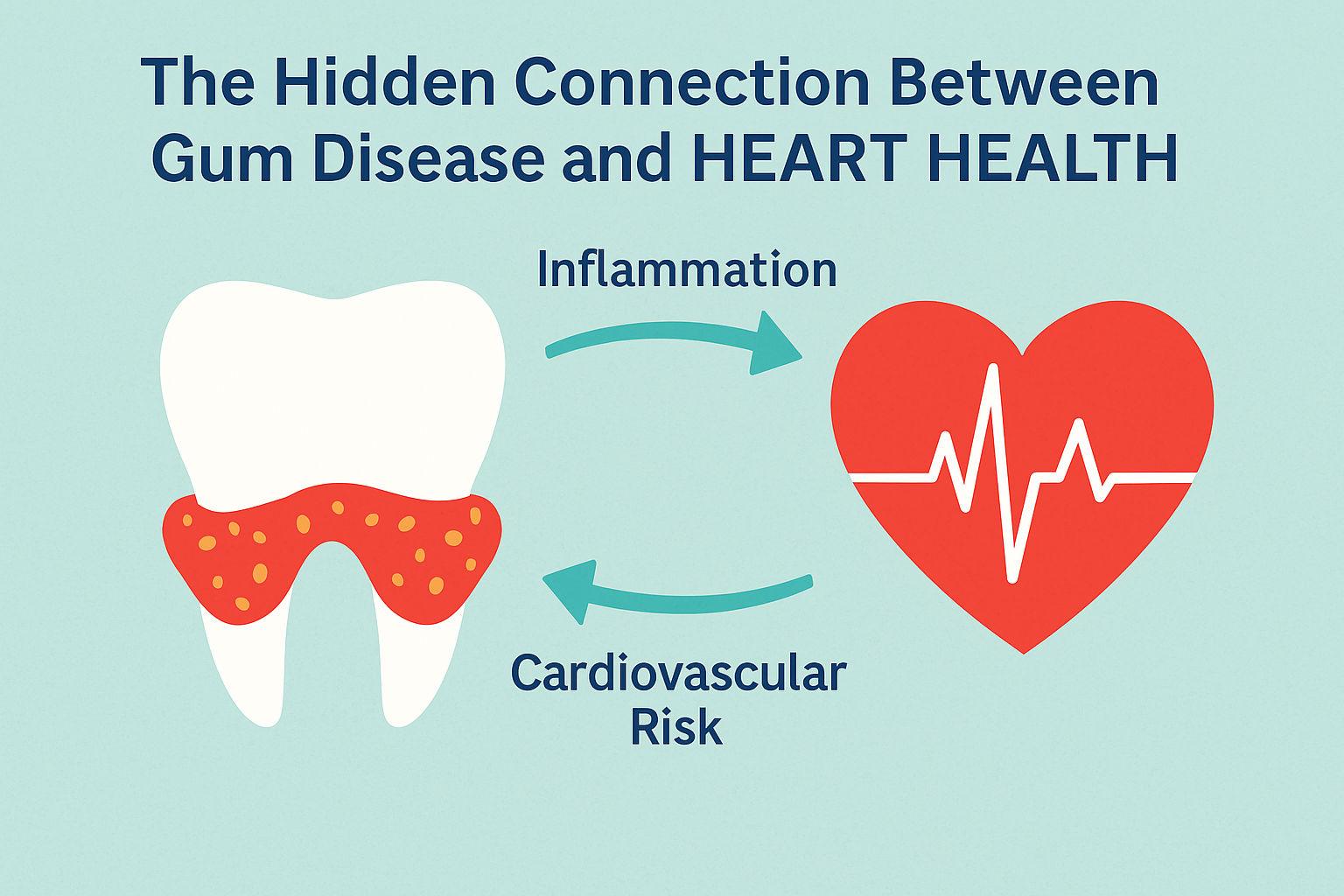Do you have recurring problems with your head, ears, or face, such as headaches, earaches, or muscular aches? If you replied “yes” to any of these questions, you may be suffering from temporomandibular joint (TMJ) dysfunction, a painful yet frequently undiagnosed medical ailment in Orem.
Women are more likely to experience TMJ issues than males. Approximately 10 to 30 million women in the United States suffer from this problem. Our Dentist in Orem has helped several patients find relief from TMJ issues, and he shares some of his knowledge here.
Why Do People Get TMJ?
Dislocation or inflammation of the TMJ can cause pain and dysfunction in the jaw. The TMJ is made up of muscles, tissues, ligaments, and bones.
The problem’s root source is a mystery even to the experts. It might be a result of stress-related habits such as frequent clenching or grinding of the teeth. Trauma to the jaw, such as a sports injury or a vehicle accident, is another potential cause of TMJ issues.
Upper back pain has several potential causes, including arthritis and herniated discs in the spine. However, the cause of their TMJ condition is unclear for many patients.
How Do I Identify TMJ Issues?
Diagnosing a Temporomandibular Joint (TMJ) issue is not always easy. Headaches and earaches are common symptoms that might be misdiagnosed as migraines or ear infections.
Jaws that “catch” or lock up while opening the mouth or chewing are another symptom, along with neck pain and cracking or popping sound when opening or closing the mouth.
Here’s a quick at-home check for TMJ if you’re worried you might have it:
- Hold your finger over your TMJ to feel the movement there. It’s the big boney thing in front of your ear.
- While maintaining pressure on the joint with your finger, open your mouth a little. Spread your fingers apart until you feel the joint flex.
- Is there a snapping or cracking sound in your ears? Can you press your finger into the region and feel any pain?
If you answered yes to either of these questions, you could be suffering from TMJ condition.
How Do People Get Relief From TMJ Conditions?
Fortunately, there are often easy solutions to TMJ problems. The objective is to lessen the amount of stress placed on the joint. If you tend to clench or grind your teeth at night, our dentist may suggest cutting down on gum use and fitting you with a bite guard to wear while you sleep. Muscle relaxation techniques are also helpful for many people.
TMJ dysfunction is sometimes treated with surgical treatment. The first thing to do is schedule an appointment with the dentist so he can examine you and give you his professional opinion on how to proceed. You may be certain that the dentist will take the time to address all of your concerns and carefully consider all of your options before recommending a treatment plan.









